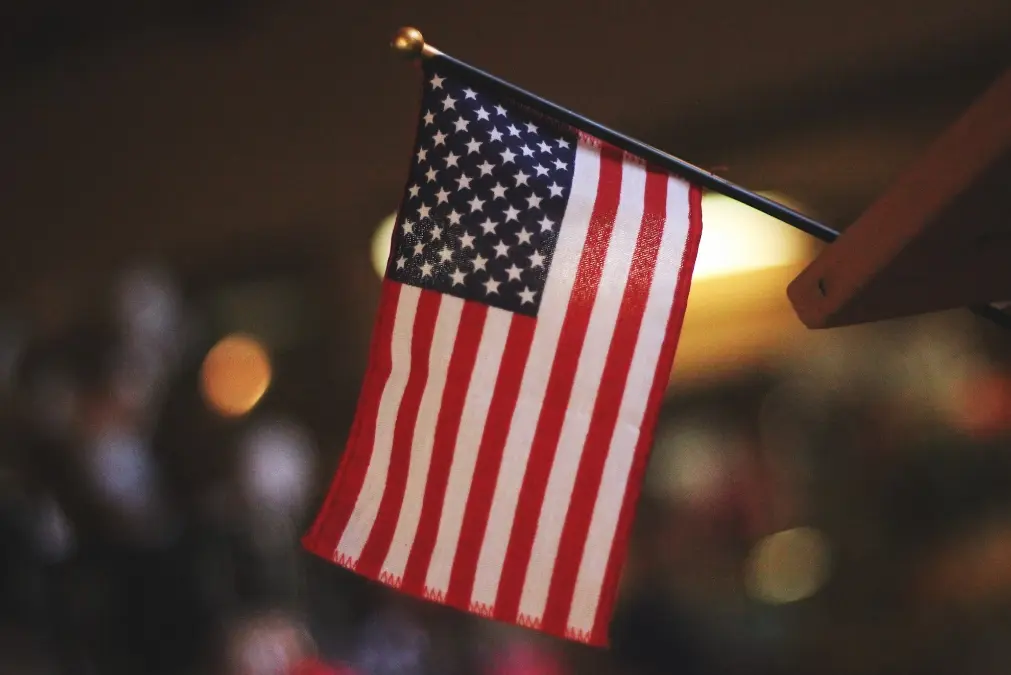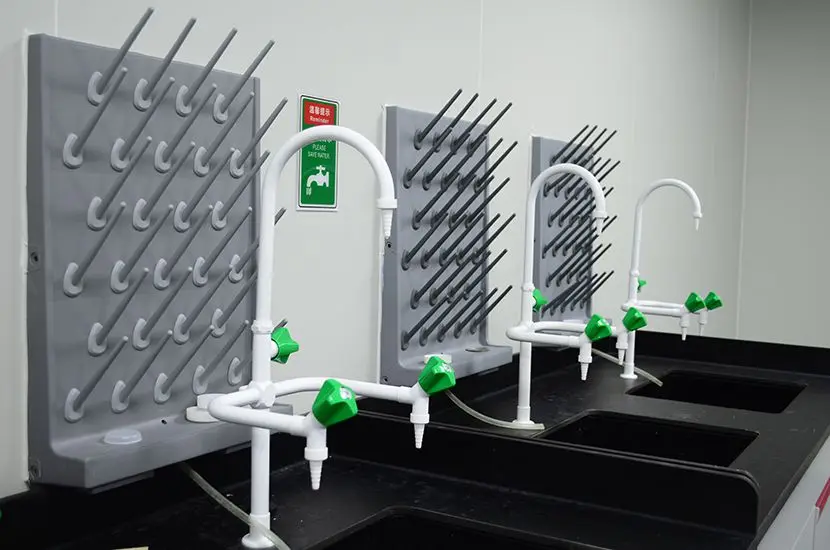
Vibrating Love Balls Export to the US Certification
As a health and beauty care product, vibrating massage balls must meet a series of specific safety and technical standards when exported to the U.S. market. JJR Laboratory in China provides certification testing services for the export of this product to various countries. Below is an overview of the main certifications requiRED for vibrating massage balls exported to the U.S.:

1. FDA Certification
According to the U.S. Food and Drug Administration (FDA), all medical devices entering the U.S. market, including vibrating massage balls, must be registered and approved by the FDA. The FDA regULates massage equipment as a medical device to ensure that these products are safe and effective for consumers. Manufacturers or distributors who are exporting such products to the U.S. for the first time need to provide detailed manufacturing information, product descriptions, and intended use to the FDA.
2. fcc Certification
If the vibrating massage ball contains wireless communication functions or emits radio frequency (RF) energy, it must also undergo certification by the U.S. Federal Communications Commission (FCC). FCC certification mainly focuses on electromagnetic compatibility and radio frequency testing to ensure that the product does not interfere with the operation of other electronic devices. Therefore, even products that do not have obvious radio transmission functions should consider FCC certification if they contain circuits that may emit RF signals.
Although the ce mark is primarily used to indicate compliance with European Union directives, U.S. importers may sometimes require suppliers to provide CE certification as an additional quality assurance. This is especially true when the product is intended to be sold in both Europe and other international markets, as possessing CE certification can help simplify the sales process across multiple countries.
RoHS (Restriction of Hazardous Substances) is an environmental regulation established by the European Union that limits the maximum concentration of six hazardous substances, including lead, mercury, and cadmium, in electrical and electronic products. Although this is not a U.S. requirement, some states have implemented their own versions, and many retailers prefer products that comply with RoHS standards.
5. UL/etl certification
Underwriters Laboratories (UL) is an independent safety science company that offers a wide range of testing services. For household appliance products, obtaining UL or its sister organization ETL approval means the product has undergone rigorous safety evaluations and meets North American market standards. Such certifications can enhance consumer confidence and assist in better marketing of the product in the U.S.
6. DFE, DEV, and LST Numbers
In the FDA registration process, the Device Foreign Exporter number (DFE), Device Foreign Manufacturer Registration number (DEV), and Device Listing number (LST) must also be provided. These are required to ensure the traceability of the product's origin and its manufacturer information.
In summary, before exporting vibrating massage balls to the U.S., it is crucial to ensure that all the certifications mentioned above are met. This not only helps comply with local laws and regulations but also protects consumer rights and establishes a strong reputation for the product. Additionally, considering that different types of vibrating massage balls may have different characteristics, it is recommended to consult with a professional advisor or certification body to accurately understand whether the product has any other specific compliance requirements.
Email:hello@jjrlab.com
Write your message here and send it to us
 Cost of U.S. FDA CFR 21 177.2600 Test Report
Cost of U.S. FDA CFR 21 177.2600 Test Report
 How much does the IP44 Compliance Test cost
How much does the IP44 Compliance Test cost
 What is LFGB Test
What is LFGB Test
 What does LFGB certified mean?
What does LFGB certified mean?
 Weee authorised representative germany
Weee authorised representative germany
 Where to Apply for 2026 Air & Sea Transport Ce
Where to Apply for 2026 Air & Sea Transport Ce
 Guide to IEC Test Reports for Lighting Exports
Guide to IEC Test Reports for Lighting Exports
 IEC/EN 62471 and IEC/EN 62778 (Photobiological Saf
IEC/EN 62471 and IEC/EN 62778 (Photobiological Saf
Leave us a message
24-hour online customer service at any time to respond, so that you worry!




